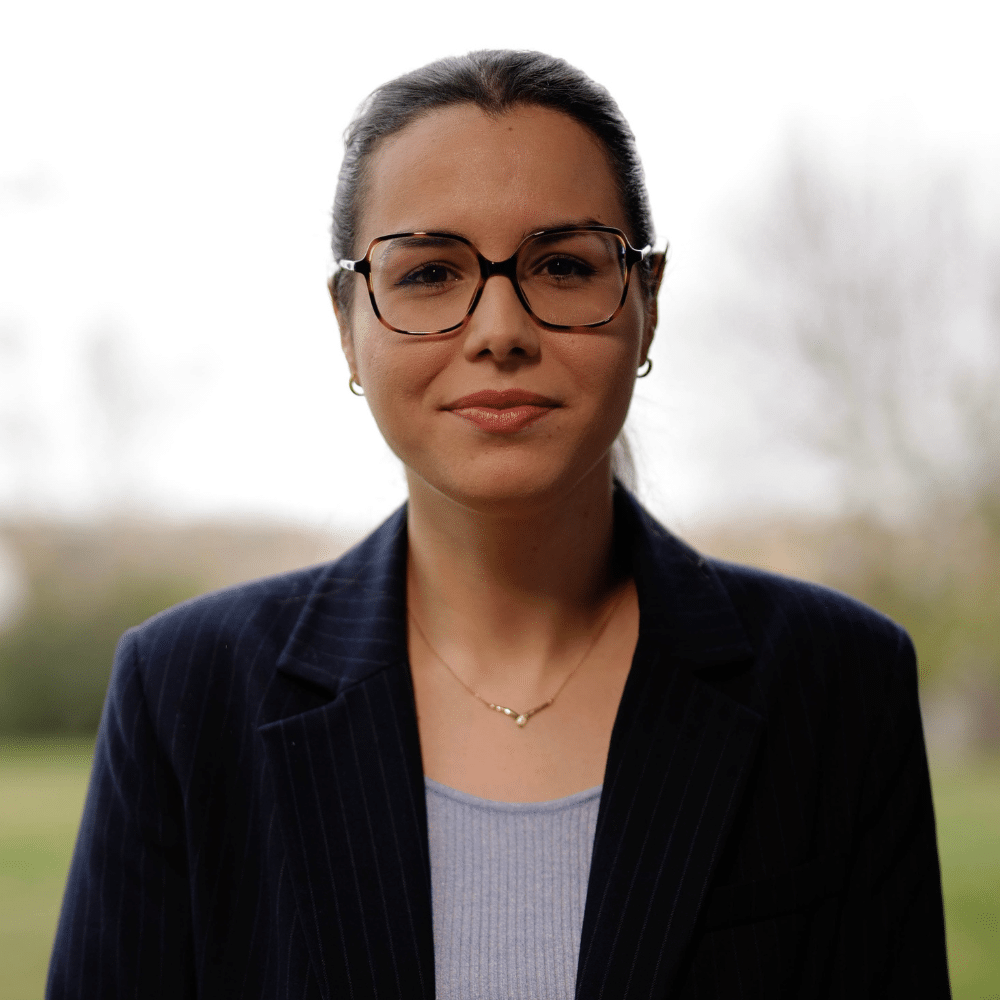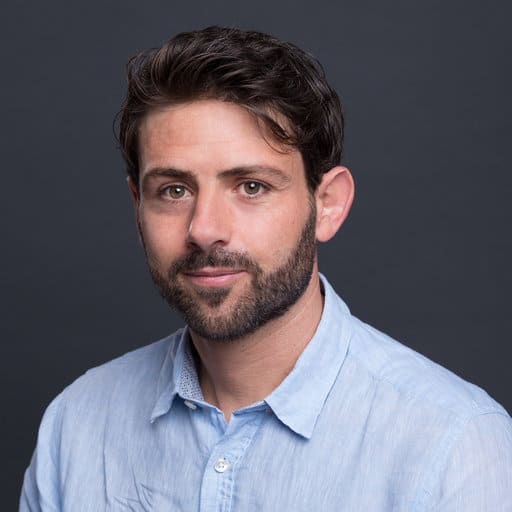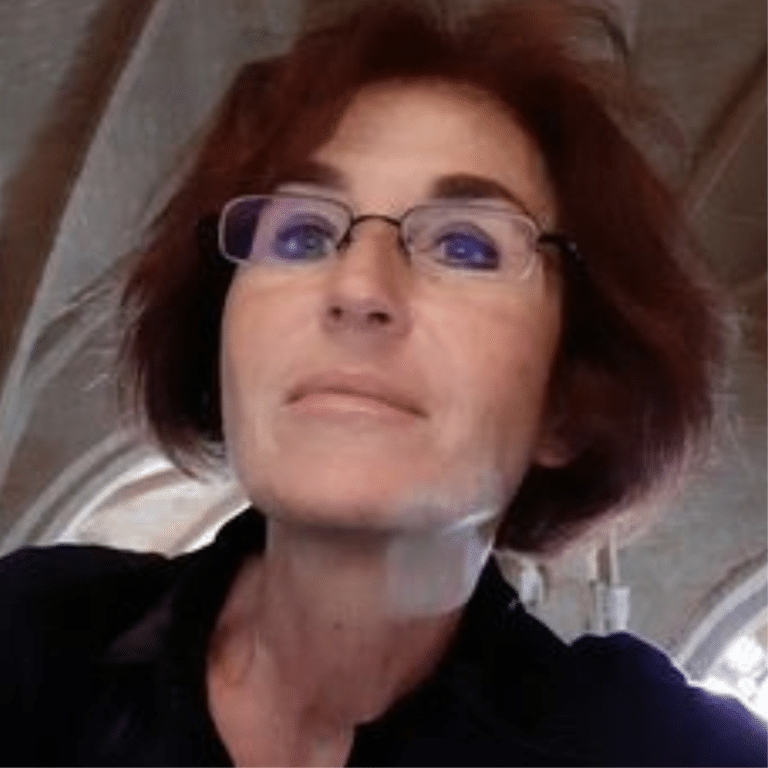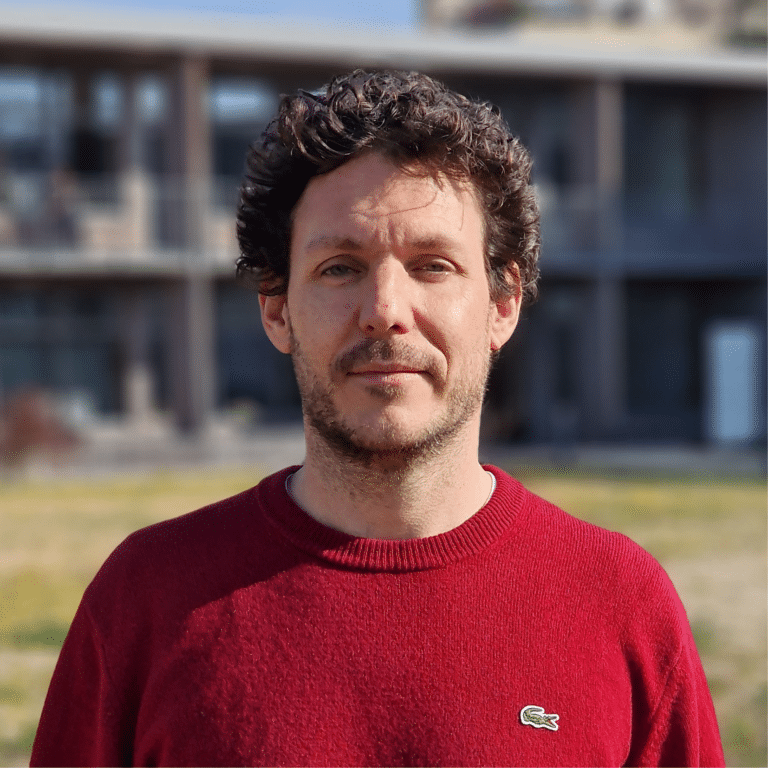
Sofia El Arabi
Research project
Muslim Solidarities and Infra-political Resistances in the Context of the Migration Crisis in Marseille and Oujda
Project summary
In a post-pandemic context and amidst multiple global crises, Sofia El Arabi’s research project at the Iméra, the Institute for Advanced Study of Aix-Marseille University, focuses on the crisis of asylum policies and the reception of migrant populations in the Mediterranean. This project offers a renewed understanding of the migration issue and its reception in two Mediterranean cities, Marseille and Oujda. The ambition is to study how mechanisms of solidarity are established, operate, and analyze the modes of action of humanitarian organizations and religious organizations, which address the shortcomings of institutional reception systems. The study will examine the discourses of Mediterranean solidarity mobilized by civil society organizations (both Islamic and non-Islamic) and by migrants, questioning the gap between the “public text” and the “hidden text” (Scott, 1992). The aim is to evaluate how these discourses and official positions disrupt the dominant European geography of borders. This research highlights the autonomous struggles of local actors who challenge and circumvent borders and their role in the transformation of contemporary Mediterranean identities in a capitalist context.
Political Subjectivities and Muslim Solidarities Beyond Migration Crisis Narratives: An Alternative Perspective in Oujda and Marseille
Building on her thesis, Sofia El Arabi’s project explores the dynamics of solidarity and the processes of political subjectivation that emerge at the scale of the cities of Oujda and Marseille. By shifting the focus away from securitized approaches, this project adopts the viewpoint of individual and collective subjectivities, through the prism of infra-political solidarities that seek to counteract migrant exclusionary mechanisms. It explores the ways of practicing and organizing forms of Muslim solidarity by studying their articulation through so-called Islamic organizations, as well as through interactions between these organizations and other actors in civil society, both religious and non-religious. Particular attention will be paid to the role of solidarity organizations in civil society in constructing alternative narratives of identity and subjectivity, and in producing new forms of civility and citizenship that apply to both migrants and those they encounter. These local resistances and modes of engagement make intelligible the process of recoding migration control instruments and the evolution of migrants through the hierarchized terms of these systems. Emphasis is placed on new religious solidarities and vocations emerging in the context of migration, thus demonstrating the dynamic interaction between religion and 21st-century crises.
Mutating Mediterranean Identities: The Role of Muslim Solidarities in Marseille and Oujda
The project aims to examine the underlying processes of building urban initiatives to welcome migrants from cross-cutting perspectives and to shed light on the theoretical and empirical frameworks that support them, including hospitality duties, offering refuge, and claims of belonging. The objective is to grasp the impact of collective actions on the evolution and transformation of Muslim religious identities and their associated religious practices. The research explores the variation of thresholds of strangeness, dynamics of recognition, the innovation potential of solidarities, and the process of reconfiguring imaginaries on both shores of the Mediterranean. In this regard, the paradigm of the “imaginary forces of law” (Delmas-Marty, 2006) mobilized constitutes an innovative framework counterpointing an epistemology of the Black Mediterranean in service of new forms of solidarity. The project relies on a participatory action research methodology combining observations (non-participant and participant), focus groups with migrants, non-directive and semi-directive interviews conducted with operational worlds (associative, militant, artistic, private, and public). By focusing on the cities of Marseille and Oujda as observation laboratories, the research will provide new perspectives on how solidarity activism contributes to reconstructing migrant experiences and reframing the migrant reception crisis, both at the individual, collective, and organizational levels.
Biography
Sofia El Arabi obtained her doctorate in Political, Cultural, and Historical Geography in 2020 from the Faculty of Letters of Sorbonne University, within the Doctoral School of Geography of Paris (ED 434) Spaces, Societies, and Planning, affiliated with the Research Laboratory ENeC (Spaces, Nature, and Culture). Alongside her empirical-theoretical research, she taught courses at the undergraduate and master’s levels at the University of Paris Cité, Sorbonne University, and emlyon business school.
She founded the Association of Solidarity for Migrant Support (ASAM) in Taza, Morocco, allowing her to actively engage in humanitarian missions within trans-Saharan migrant camps and to work closely with territorial intermediary bodies. In January 2022, Sofia El Arabi became an associated researcher at the City Diplomacy Lab of Columbia Global Centers Paris (CGC|Paris). In February 2023, she obtained qualification in CNU section 23, specializing in Physical, Human, Economic, and Regional Geography. From May 2023, Sofia El Arabi joined as an associated researcher the Laboratory of Political Anthropology (LAP-UMR 8177) at EHESS-CNRS. She is also involved in preparing for the recruitment competition for higher education in order to become a Lecturer. She is a Fellow of the Convergences Migrations Institute (ICM) for the period 2022-2025, within the POLICY Department. Her affiliation with these structures allows her to work in networks toward extending her investigations in Morocco and adding scientific value to her research on Southern mobility issues, migrant reception policies in the Mediterranean, and borderization. Her rich experience and commitment, both in humanitarian fieldwork and academic research, illustrate her involvement in projects related to development, migration governance, and geography.



